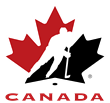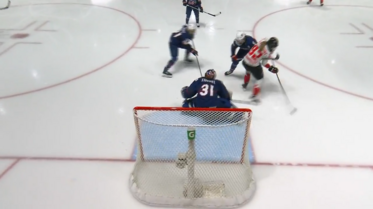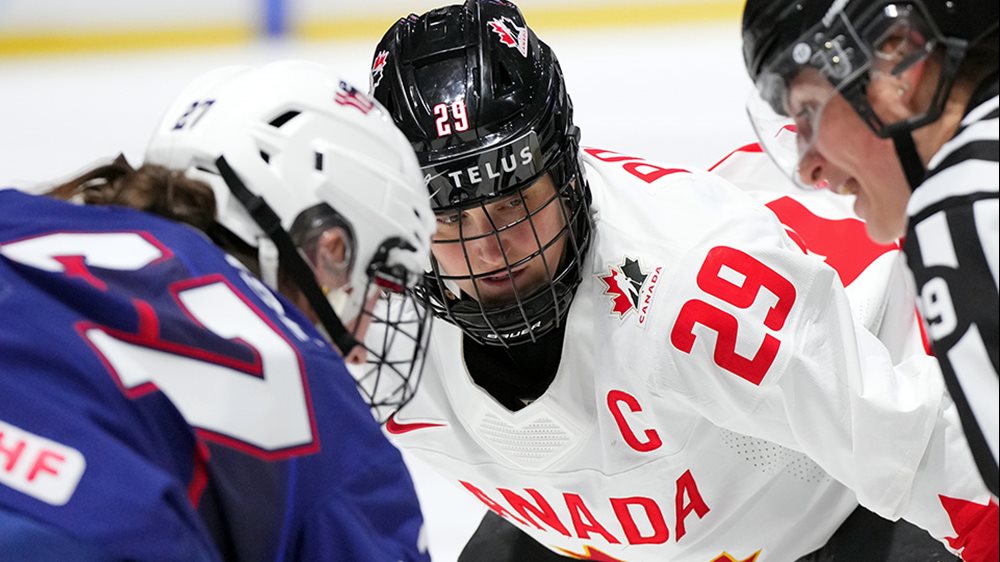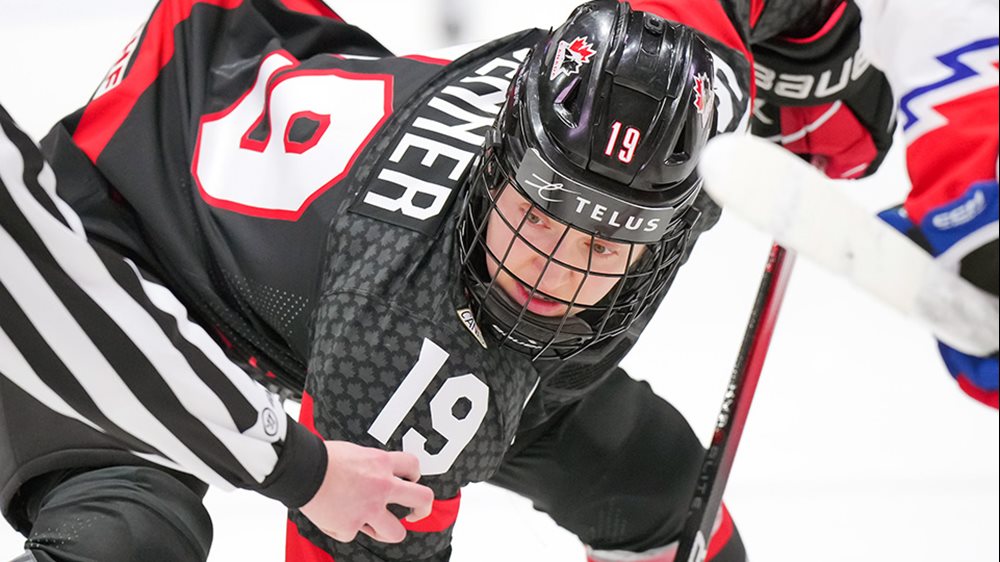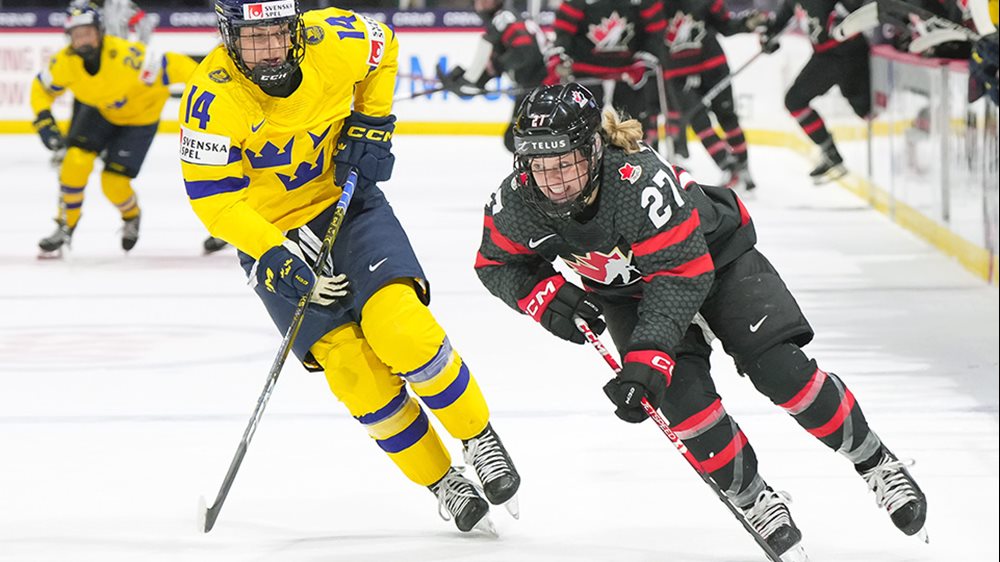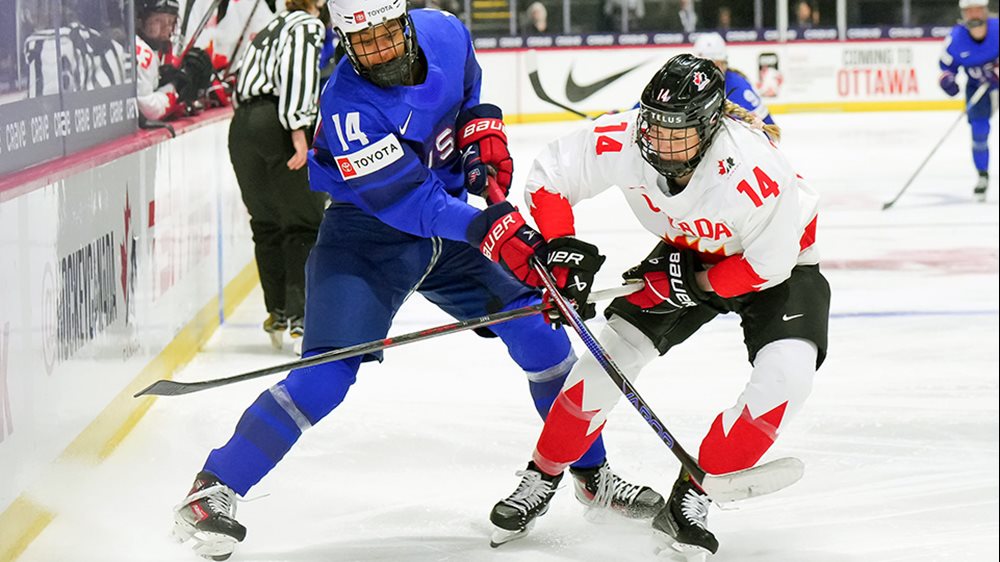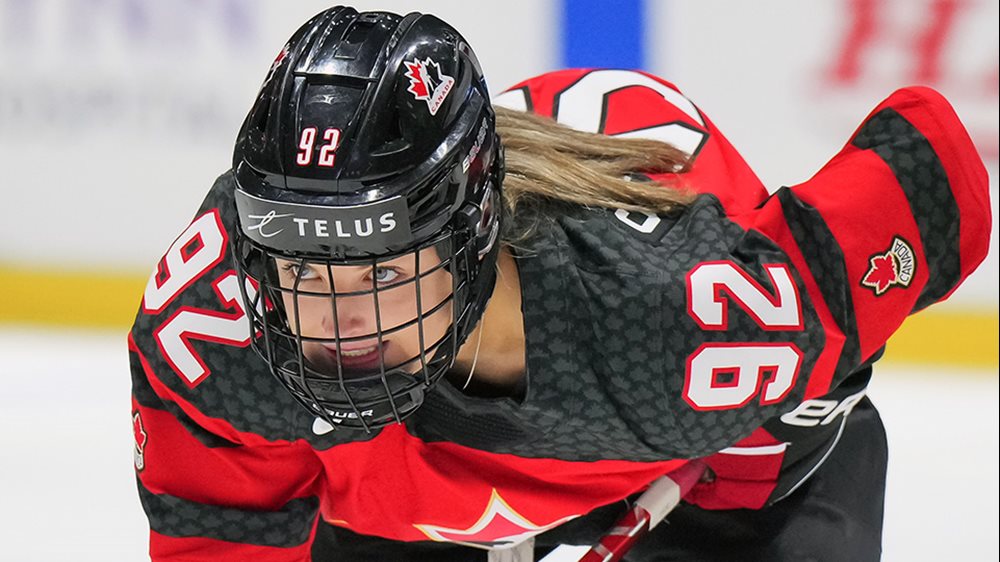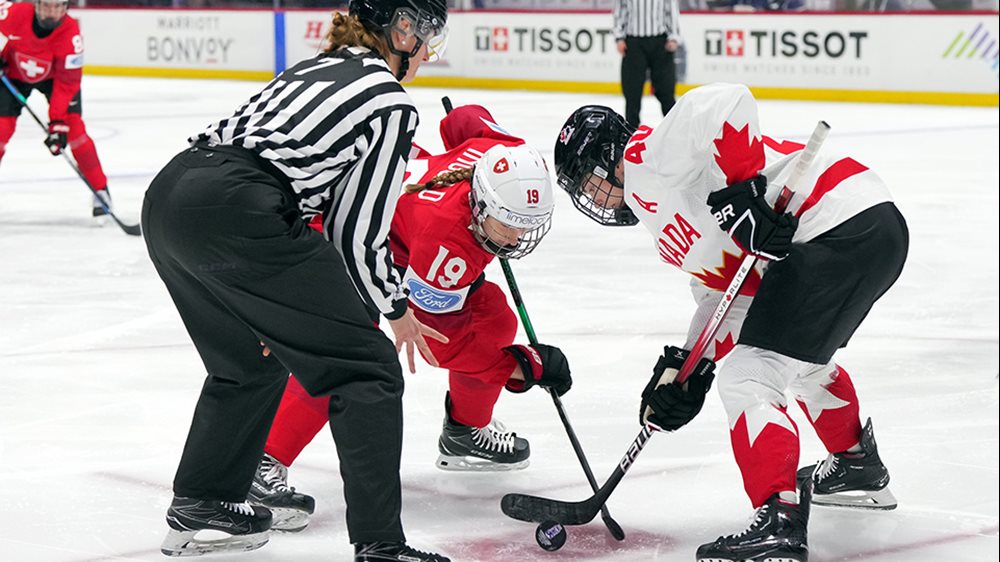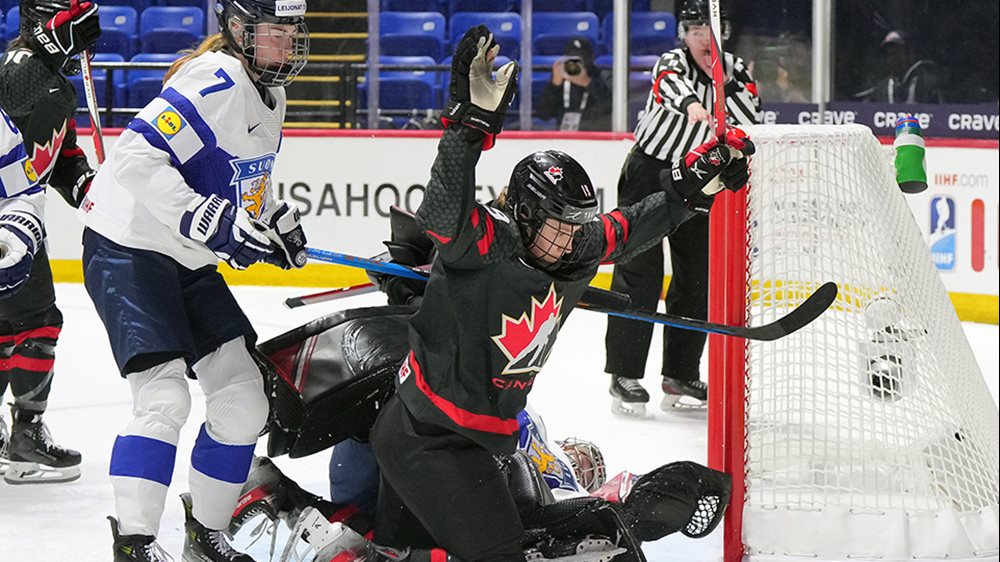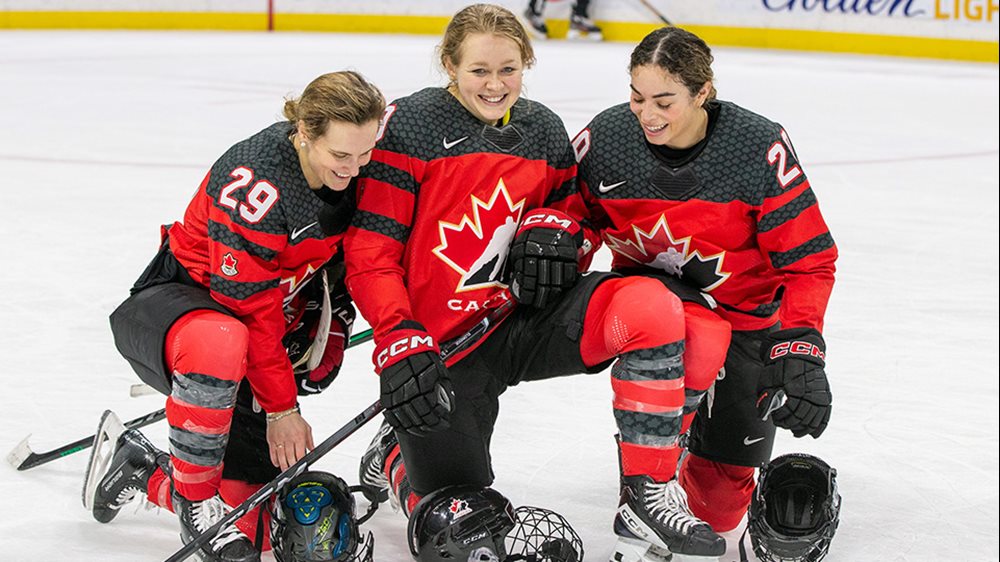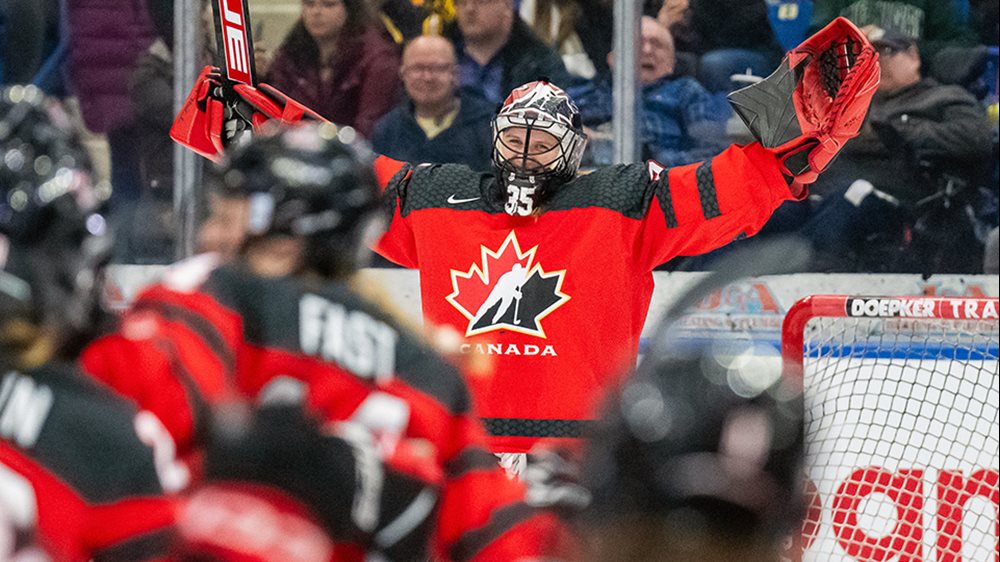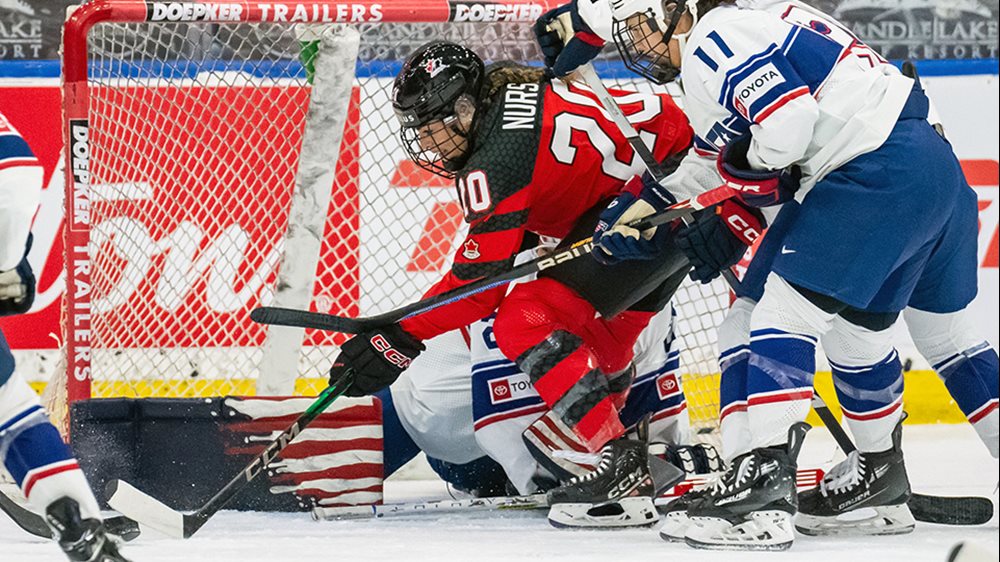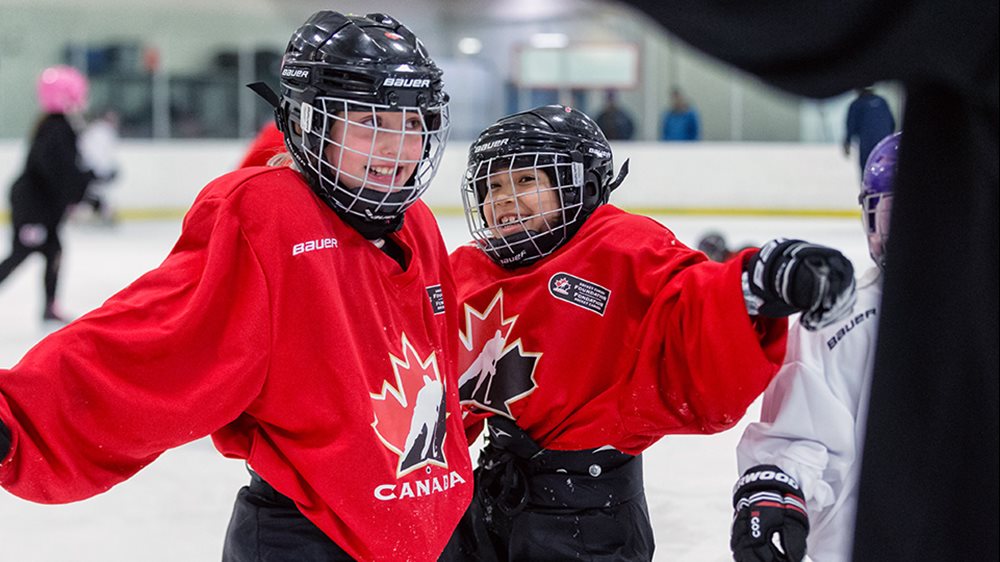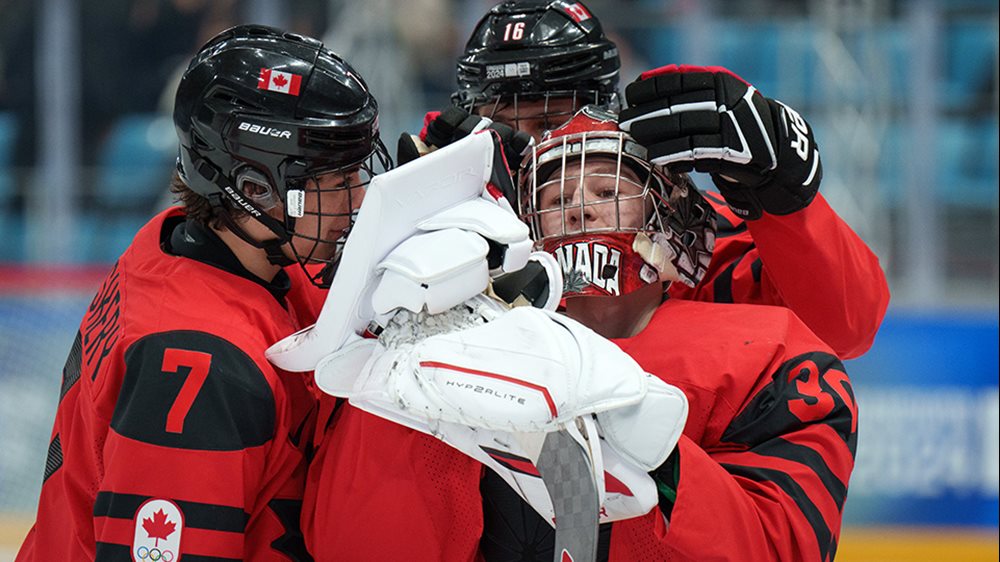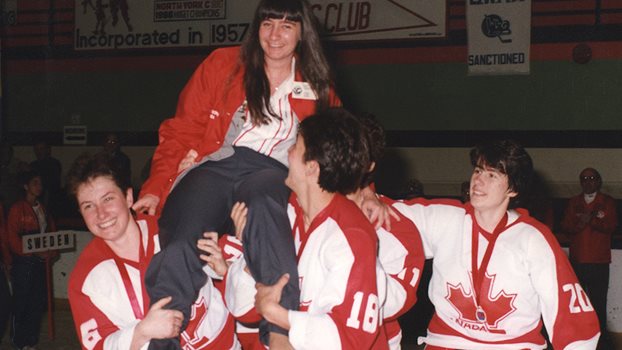
One giant leap…
The 1987 Women’s World Hockey Tournament opened the door to world championships and the Olympics, and forever changed the fortunes of the women’s game
With Fran Rider taking a well-deserved spot among the giants of the game as a Distinguished Honouree of the Order of Hockey in Canada, it seems like an ideal time to look back at one of her proudest accomplishments.
This April marked 30 years since Rider spearheaded the first major international women’s hockey tournament, an unofficial world championship that brought seven teams to North York, Ont.
Visions of an official women’s worlds and a place in the Olympics existed in 1987, but Rider repeatedly was told neither would happen in her lifetime. The grassroots, the naysayers said, wasn’t strong enough. What she got, though, was sanction from the International Ice Hockey Federation for a world tournament.
“Probably three months out we had teams if we had money, and we had money if we had teams,” Rider says. “We struggled; we really struggled. We didn’t know if we’d get it off the ground. What we did have was the sincere drive from the players.”
Unhappy with the decision not to allow body-checking, West Germany withdrew shortly before the tournament. The event was on the verge of being cancelled. That night, Rider played a game in the Central Ontario Women’s Hockey League – the forerunner of the National Women’s Hockey League and now Canadian Women’s Hockey League – against Hamilton. During every stoppage, players surrounded her looking for reassurance that the tournament would go on.
“I looked into their eyes, and I couldn’t say no. We regrouped and said we got to keep pushing.”
At the end of the day, six countries – and one province – competed and another five sent delegates. The strength of the game silenced the skeptics. And in 1990, the IIHF Women’s World Championship was born.
But let’s not get too far ahead of ourselves … 1987 was where it began.
While Rider brought together the hockey world and organized meetings that would shape the future of the game, seven teams made women’s hockey history at the North York Centennial Arena.
Canada – represented by the national champion Hamilton Golden Hawks (with a few reinforcements from across the country) – was joined by Japan, the Netherlands, Sweden, Switzerland and the United States, along with the Mississauga Warriors, who served as the Ontario entry.
“It's the best thing that has happened to women's hockey since the [introduction of the national women’s championship] six years ago,” Lee Trempe, head coach of the Warriors, told the Toronto Star before the tournament started. “I have no idea how the other countries play or what to expect. I can appreciate the U.S.A., as we are about the same in sports but the others … we'll have to wait and see."
Not surprisingly, it was the North Americans who quickly proved to be the teams to beat. Canada, Ontario and the U.S. dominated the preliminary round, finishing with a combined goal differential of +158.
After Canada cruised past Sweden with an 8-2 semifinal win, Ontario topped the Americans 5-2 to set up the all-Canadian final that was expected before the first puck dropped.
Canada had the upper hand in the preliminary round, scoring a 5-0 victory, and it was much of the same with the Hazel McCallion World Cup – named for the long-time Mississauga mayor and women’s hockey supporter who served as honorary chair of the tournament – on the line.
Janet Stone opened the scoring just past the midway mark of the first period, and Canadian goaltender Cathy Phillips made it stand up. Colleen Cohen, Kelly Weaver and Shirley Cameron added goals in the latter half of the third period for a 4-0 final, putting Canada atop the podium.
"We opened a lot of people's eyes about women's hockey," captain Marion Coveny told the Star. "I can't believe how we feel. It's incredible! We have to credit everyone on the team, it wasn't an easy win."
Phillips earned Top Goaltender honours, while Dawn McGuire, an Albertan added to the Hamilton roster for the tournament, took home the Most Valuable Player award.
They were two of six members of Team Canada (plus head coach Dave McMaster) who were in Ottawa three years later for the first official IIHF World Women’s Championship, joined by three members of Team Ontario – including future Hockey Hall of Fame inductees Angela James and Geraldine Heaney.
Eight years after that, Heaney and France St-Louis – the lone Hamilton holdover from 1987 – made their Olympic dreams a reality in Nagano.
And when Heaney capped her career with Olympic gold in Salt Lake City in 2002, 6.225 million Canadians watched it live on CBC, a far cry from the 1,000 who attended that untelevised 1987 final.
Today, the next generation of Team Canada prepares for another foray onto Olympic ice.
And although most of the Canadians who will be in PyeongChang next February weren’t even born in 1987, they will forever carry a piece of North York with them … because the journey had to start somewhere.
For more information: |
- <
- >
